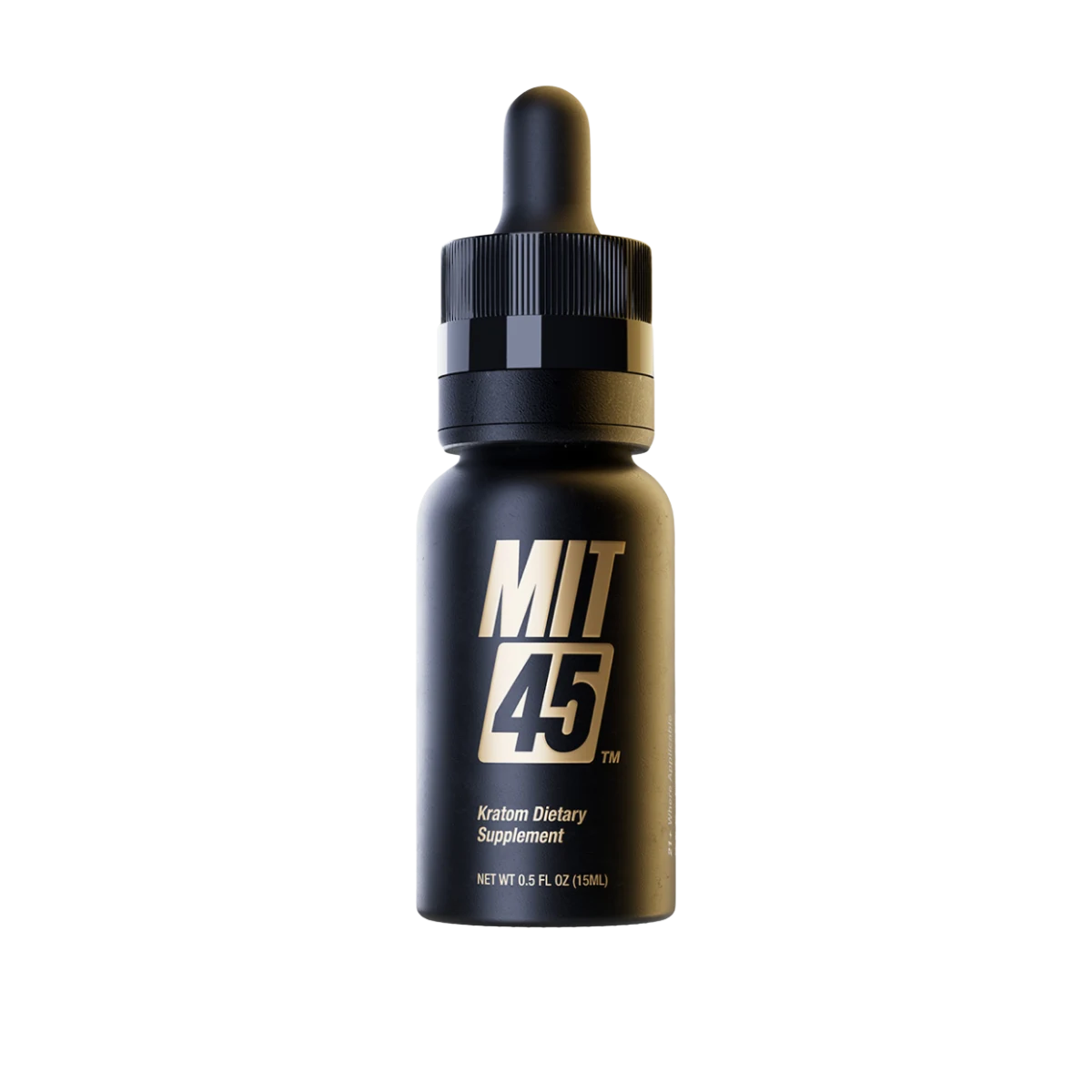Recent estimates suggest that the kratom industry in the U.S. has now reached $2-3 billion in annualized revenue, despite the fact that upwards of 90-95% of the adult population of the U.S. still don’t know what kratom is. Many kratom distributors are aware of this market research and industry forecasts, as well as the regulatory uncertainty surrounding kratom, even if it’s secondhand reports from their industry sources.
On a monthly, quarterly, and annual basis, one of the critical decisions many distributors face is balancing the size of their on-hand inventory with the average time to fulfill new orders from retailers. MIT45 believes the kratom industry is approaching a tipping point where reduced risk and increased demand is going to change this decision-making process. Specifically, distributors will be able to leverage better wholesale prices by placing larger bulk orders and maintaining higher inventory levels.
A Brief History of Kratom’s Legal Status
Kratom has never been officially banned in the U.S., but we’ve been close a couple different times. The biggest threat came in 2016 when the FDA/DEA tried to use its authority to enact a 30-day emergency ban of all kratom sales. This emergency-ban authority had just recently been given to the agency in the wake of bath salt and synthetic marijuana manufacturers continually tweaking their formulas to evade new bans for very specific compounds and chemical formulas.
This emergency ban looked all but ready to take effect and needed only one more signature from a specific official within the FDA. This official realized the science didn’t back up the FDA’s initial claims of kratom’s risk. Along with a large and swift public backlash, the agency was forced to backtrack by early 2017.
Better Risk Management for Distributors and Retailers
In fact, the FDA has since tried to put kratom on the Controlled Substance list two additional times, including a big but failed push in 2018. So, while there is no current indication the FDA/DEA is going to try again, the general threat is still there. As popular as kratom has become, many distributors and resellers are still reluctant to carry too much inventory. These distributors need additional reassurance that the FDA won’t put the kibosh on the kratom industry—and potentially with very little warning.
Enter the Kratom Consumer Protection Act. Introduced in Congress for a second time with bipartisan co-sponsors, this legislation would formalize the rules of the road by doing things like establishing a minimum age to buy kratom, product safety standards, and whether kratom should be regulated like a food or a supplement. Ideally, this legislation would also pave the way for future kratom research including potential medicinal uses.
The Future Upside for Distributors
Whether or not the legislation is able to pass in the upcoming year is uncertain, but it seems likely that the legislative momentum and political will are here to stay. Soon enough, it won’t just be a question of risk management for kratom distributors. It will also be a question of missed opportunity, both in terms of staying on top of more fulfillment orders from retailers and leveraging a better price point with wholesalers like MIT45.
So long as your warehouse is kept at a reasonably moderate temperature and humidity level and protected from direct sunlight, kratom products shouldn’t lose any efficacy for several months. If you have any questions about storing your MIT45 inventory, don’t hesitate to email our Sales Department.
The Role of the Scientific Community
Admittedly, it would be overly simplistic to say, “Congress will pass a law, and kratom will be widely used and accepted by mainstream culture.” But it’s not just the political will and social policy. Psychopharmacological science is also on the verge of declaring that the evidence overwhelmingly suggests it’s all but impossible to overdose on kratom and that the plant is essentially no more addictive than coffee.
At that point, we do expect the inherent benefits of the kratom tree and the collective marketing efforts of the industry to take kratom mainstream. The day is coming when 90+% of people will know about kratom and its potential benefits. Where will your business be when that day comes?
Secondary Effects on the Kratom Industry
Another reason the Kratom Consumer Protection Act stands to reshape the kratom industry is the elimination of irresponsible kratom suppliers who are only interested in making a quick profit before moving on to their next unscrupulous venture. Indeed, experienced and responsible distributors know all too well the dangers of working with a fly-by-night kratom manufacturer. Conducting your due diligence will always be important, but there will be fewer traps and shady deals to avoid when the KCPA law takes full effect.
Become a MIT45 Wholesale Partner
If you’re a current or prospective MIT45 distributor who’s interested in learning more about the current progress toward a federal KCPA law or the regulatory status within the FDA, don’t hesitate to talk to our Sales Department. We’d love the opportunity to discuss the future of the kratom industry and expanding your current business venture together.
REFERENCES
American Kratom Association. More Than 26,000 Petition President Trump To Stop DEA’s War On Coffee-Like Herb Kratom. PR Newswire. Published March 2017.
Gianutsos, Gerald. The DEA Changes Its Mind on Kratom. U.S. Pharmacist. Published March 2017.
Adlin, Ben. Former Trump Drug Czar Says Top Federal Officials Stopped FDA From Scheduling Kratom Amid Concern About Agency’s ‘Bias’. Marijuana Moment. Published August 2023.




